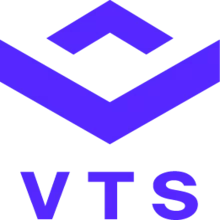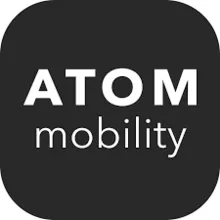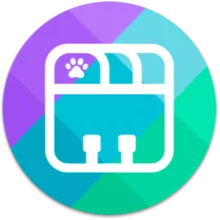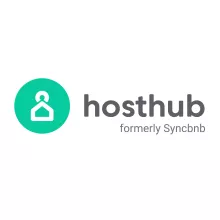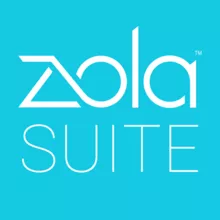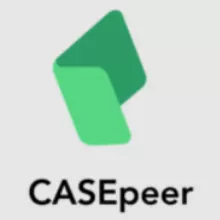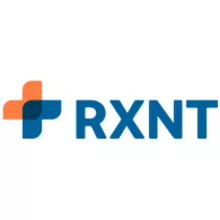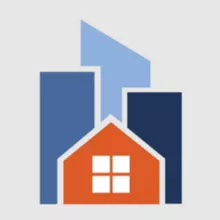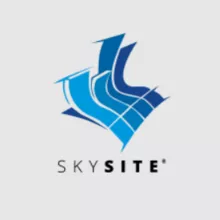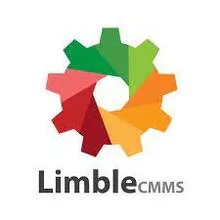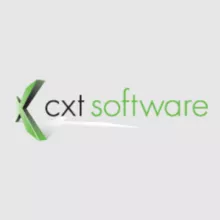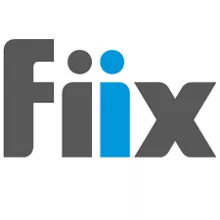Property Management software for portfolios or single properties
Veterinarians utilize Veterinary Management Software to handle back-office tasks, including bookkeeping, patient information, treatment planning, and scheduling. Software of this kind enables nurses or technicians to administer treatments effectively and aids veterinary clinics in managing patient diagnosis and treatment. To control patient communications, intake, and payments, administrative staff use Veterinarian Management Software. While small clinics or private practices can utilize scaled-down versions, more sophisticated veterinary management software are available for veterinary hospitals.
Integrations with claim-processing software are frequently part of these systems. Access to patient health information requires integration with veterinary-specific electronic medical record software.
A product must meet the following criteria to be eligible for the Veterinary Management category:
- Assist veterinarians in determining the patients' medical needs and making treatment recommendations
- Inform staff members and patients of appointments, follow-ups, or past-due balances.
- Veterinary staff should be scheduled based on demand and availability.
- Offer tools for managing claims, billing for medical services, and accepting payments.
- Add front-office capabilities for tasks like reservations and cancellations.
- Keep track of the supplies and medicines for veterinary use.
- Reports on staff productivity, doctor utilization, or consumer satisfaction
Who and why use Veterinary Management Software?
Veterinarians, field technicians, office managers, and pet owners are among those who use veterinary management software. The size of the veterinary personnel also influences the effective use of practice management software. Two general end-users of veterinary practice management software exist, though:
- Veterinarian offices: A smaller-scale veterinary office, known as a clinic, usually emphasizes preventative care more strongly. Since they frequently refer patients to more prominent animal hospitals for urgent, emergency, or surgical care, clinics often have connections with hospitals.
- Animal clinics: An animal hospital offers inpatient and outpatient diagnoses and treatment, often known as a veterinary hospital. Hospitals typically offer a more extensive range of services.
Features of Veterinary Management Software
By streamlining workflows, automating time-consuming tasks like reminding clients of upcoming appointments and retrieving lab results, and offering vital data analytics about the state of the practice, veterinary management software enables veterinarians to concentrate on providing the best care possible to their patients.
Typical software characteristics include:
- Medical Records: Veterinarian clinics must manage and use their patient records effectively. They must be able to document patient visits, care provision, lab test findings, and other patient data. Accessibility aids veterinarians in giving both their patients and their owners better care.
- Automated Planning: Veterinary employees and clients benefit from simple online or automated scheduling of patient visits and veterinary staff. Manually setting up appointments can leave room for error and misunderstanding. Client wait times and no-shows have decreased due to the appointment procedure automation.
- Invoicing and billing: Veterinarians must send out invoices for any services provided and periodically reconcile any billing. The majority of veterinary practice management programs have built-in capability for managing and reporting on invoices and invoicing. If not, they interface without difficulty with standard accounting software.



